Why I’m glad third-party cookies are dying
Martech
MARCH 14, 2022
Ever since GDPR was rolled out in Europe back in 2016, the rules for how marketers can collect and use data have been getting stricter and stricter, but the real hammer blow will hit next year. Google is following the lead of Apple and Mozilla, which already block those kinds of cookies in their Safari and Firefox browsers.

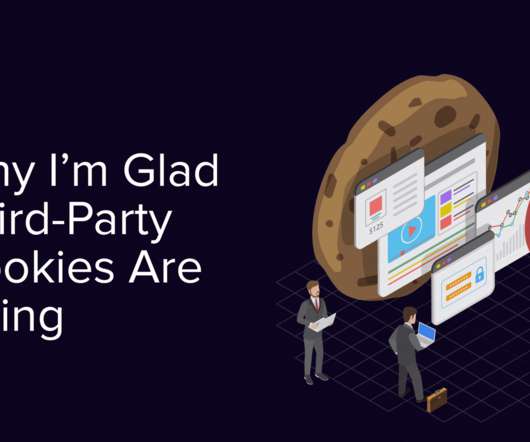
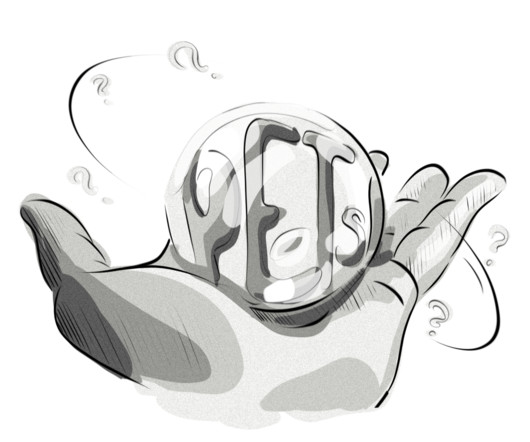



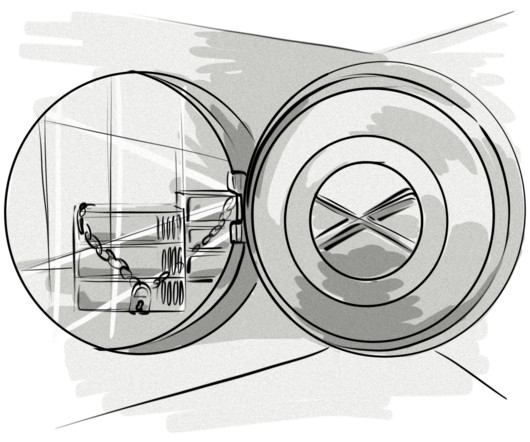
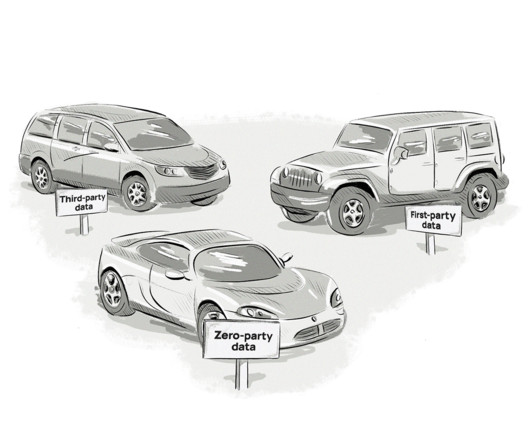

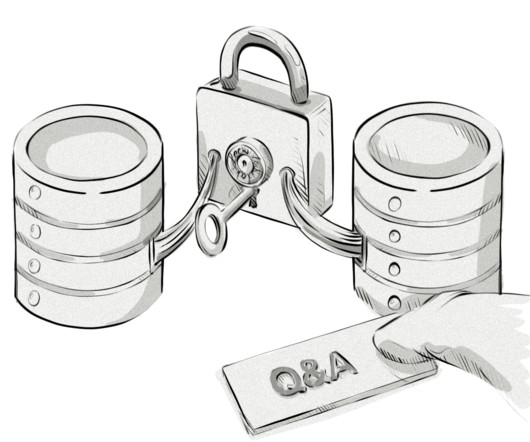






Let's personalize your content